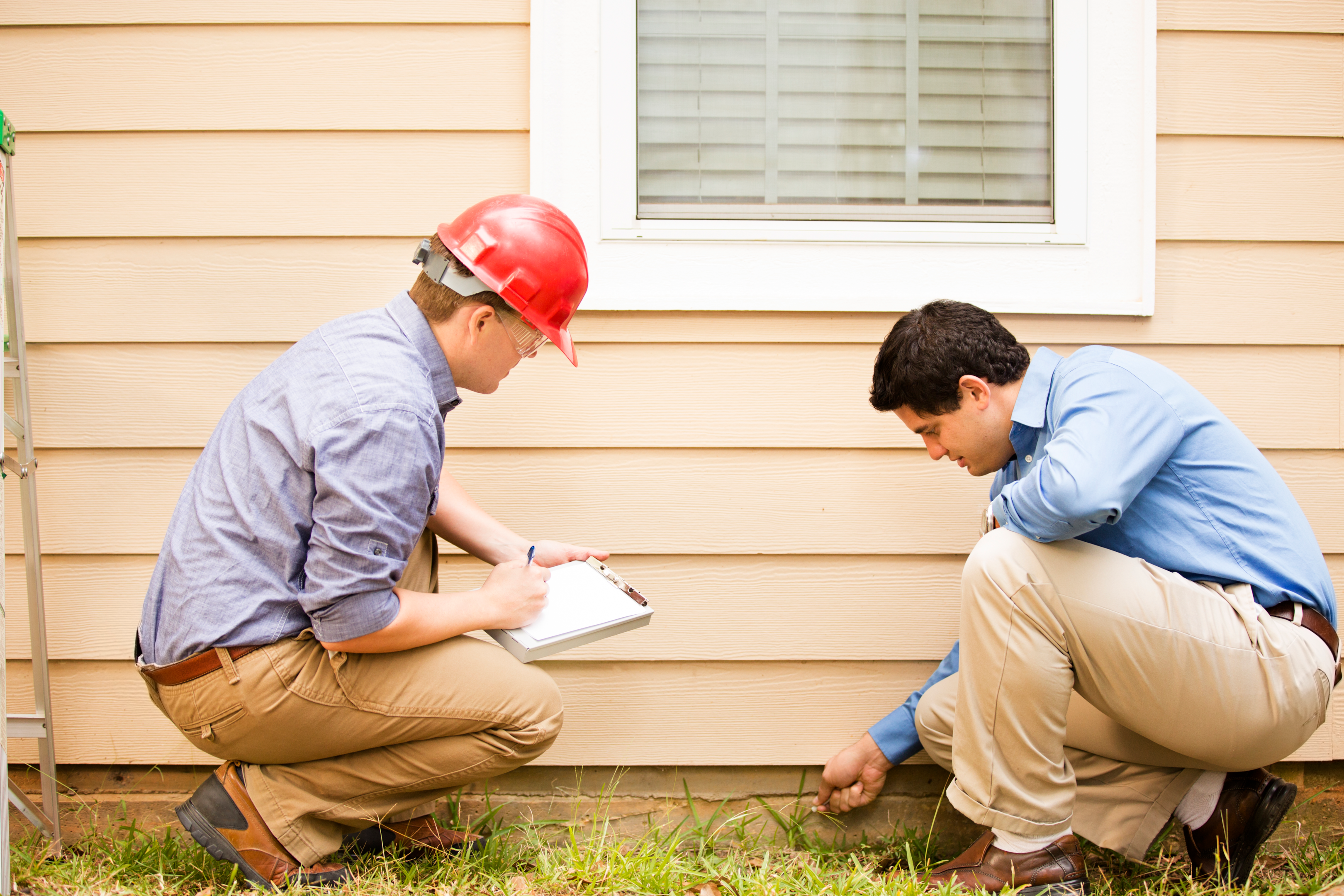In the world of real estate, cash buyers are often seen as the most desirable type of home purchaser—quick to close, free from financing contingencies, and able to move fast in a competitive market like Scottsdale, Arizona. Yet, despite the advantages that cash transactions provide, there are still risks involved.
One of the most overlooked but critical factors is the presence of termites. Termite inspections, often bypassed in the rush to secure a deal, can mean the difference between a sound investment and an unexpected financial burden.
In Scottsdale, where arid conditions create an ideal habitat for drywood and subterranean termites, due diligence on pest damage is non-negotiable.
Scottsdale top real estate agents often advise both sellers and buyers—especially those paying in cash—to prioritize termite inspections early in the process. These professionals understand that skipping this step can open the door to structural surprises that could cost thousands to remediate.
While a traditional homebuyer might have the protection of mortgage-required inspections, a cash buyer carries all the risk, making proactive evaluation even more essential.
Scottsdale’s Termite Risk Landscape
While Arizona may not have the humidity of the Deep South, it has its own unique termite problems. Scottsdale, in particular, is part of what pest control professionals call the “Termite Belt.”
The city’s combination of warm weather, older stucco homes, and infrequent rainfall creates a perfect storm for termite activity—especially for the subterranean species that thrive in underground colonies. These termites silently destroy wooden beams, drywall, and even insulation, often undetected for years.
Local pest control companies are well aware of Scottsdale’s high-risk zones, including neighborhoods where older construction and mature landscaping provide the ideal termite habitat. For cash buyers purchasing homes without a financing-driven inspection schedule, the risk of inheriting hidden termite damage is high.
A termite inspection isn’t just a checkbox—it’s a safeguard against future repair bills and potential value erosion.
Cash Buyers Have More at Stake

Unlike traditional buyers who can fall back on appraisal contingencies and lender-mandated inspections, cash buyers often skip these formalities to make their offer more attractive. While this strategy might win the bid in a competitive Scottsdale market, it can also result in buying a home with costly structural issues.
Termite damage is not always visible on the surface. It might take the form of hollow-sounding walls, sagging floors, or unexplained cracks—problems that aren’t always obvious until after the transaction closes.
Since cash buyers typically forego contingencies to accelerate closing, they assume full responsibility for any damage post-sale. That’s why a termite inspection, even when not legally required, becomes a key component of smart due diligence.
Impact on Property Value and Resale
A home with a termite history can experience a dip in market value, even after treatment and repairs. This reality can present a major problem for investors or buyers who plan to flip the property or resell it later. Termite disclosures must be made during resale, and a documented infestation—especially one that was not resolved professionally—can be a red flag to future buyers.
Moreover, remediation is rarely cheap. Depending on the extent of the damage, termite repairs in Scottsdale can cost anywhere from a few hundred to tens of thousands of dollars.
These costs may include structural reinforcements, drywall replacement, fumigation, or even foundation work in severe cases. For a cash buyer trying to maintain a profit margin or protect long-term value, those expenses can be a dealbreaker.
The Role of Pre-Listing Inspections for Sellers

Sellers in Scottsdale are increasingly recognizing the importance of offering pre-listing termite inspections as part of their marketing strategy. Doing so signals to cash buyers that the home has been vetted for one of the region’s most notorious threats.
A clean inspection report can increase buyer confidence and speed up the transaction timeline. It also helps reduce last-minute negotiation surprises that can derail a deal.
For cash buyers, receiving a pre-listing inspection from the seller can provide peace of mind, but it’s still advisable to commission an independent review. Inspectors vary in thoroughness, and cash buyers are ultimately investing significant funds upfront.
Ensuring the home has no active termite issues—or a well-documented history of treatment—should be part of the closing checklist.
Why Local Expertise Matters
Not all termite inspections are created equal. In Scottsdale, it’s crucial to work with pest control professionals who understand the nuances of desert infestations. The region’s unique termite species require specific identification and treatment strategies.
A national chain with general pest control experience may not offer the same insights as a local company that routinely services the city’s specific termite-prone areas.
Similarly, working with real estate agents who are deeply familiar with Scottsdale’s housing market adds an additional layer of protection. Agents who regularly deal with cash buyers can point out red flags, recommend reputable inspectors, and help negotiate seller credits or treatments when problems arise. Their local knowledge is a crucial asset in a high-stakes, fast-moving transaction.
Conclusion
Cash buyers in Scottsdale enjoy certain advantages, but they also carry more risk—and termite infestations are among the most expensive pitfalls they might face. With no mortgage company to mandate inspections and no appraisal contingencies to fall back on, cash buyers must take initiative to protect themselves.
In a city known for its dry climate and hidden termite threats, a thorough inspection is not just a formality—it’s a necessity.
Choosing to skip a termite inspection might seem like a time-saving tactic, but it can lead to major financial consequences and long-term headaches. The Scottsdale housing market may be competitive, but there’s no substitute for due diligence, especially when hundreds of thousands of dollars are on the line.
Real estate cash buyers who take the time to investigate and understand a property’s termite history stand a far better chance of preserving both their peace of mind and their investment.

